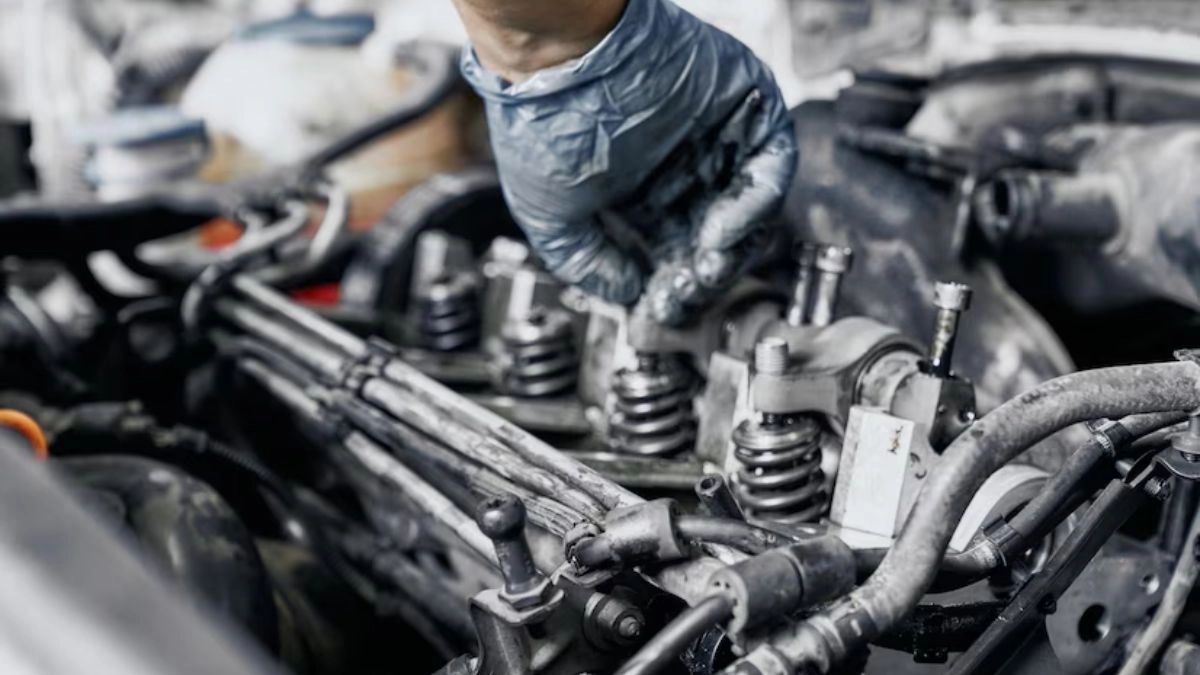- By Divanshi Sharma
- Thu, 13 Jun 2024 04:50 PM (IST)
- Source:JND
In recent years, the Indian auto industry has witnessed a significant shift in focus from diesel to petrol engines, leading to a decline in sales of diesel-powered cars. Several factors have contributed to this trend, including the decreasing price gap between petrol and diesel, the rising costs associated with diesel vehicles and the implementation of strict emission norms that put pressure on diesel vehicles. Despite this, diesel engines continue to hold appeal for many automotive enthusiasts. Let’s take a look at why some people prefer diesel engine vehicles over petrol powered engines.
Fuel Efficiency
One of the key advantages of diesel engines is their superior fuel economy, allowing diesel cars to travel up to 40 per cent further than similar-sized petrol cars. Studies have shown that diesel engines are 29 per cent more efficient on highways and 24 per cent more efficient in city driving conditions.
Lower Maintenance
Another benefit of diesel engines is their lower maintenance. Diesel engines have fewer components compared to petrol engines, resulting in low maintenance costs. For example, diesel engines do not have spark plugs, which minimises the risk of electrical failures and reduces maintenance costs.
Enhanced Performance
Diesel engines are also known for their performance advantages over petrol engines, particularly in terms of acceleration, towing capacity and hauling potential. Diesel engines compress air faster and more efficiently, delivering more power and torque for heavy-duty tasks.
ALSO READ: Tata Punch EV, Nexon EV Receive 5-Star Safety Rating In Bharat NCAP; Details
Longer Lifespan
Lastly, diesel engines are renowned for their durability and longevity. They are built to withstand higher compression and demanding workloads. Diesel engines often outlast their petrol counterparts, making them a cost-effective choice in the long run.


